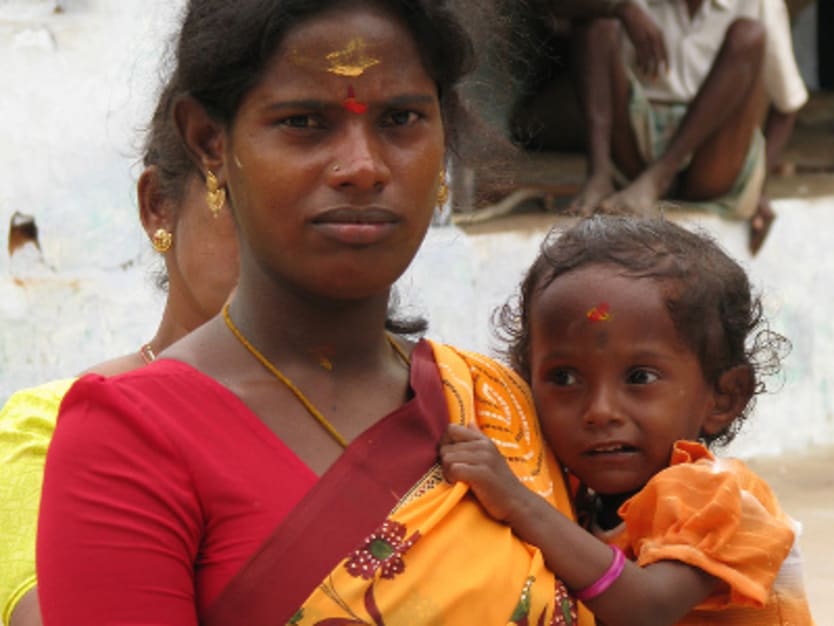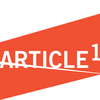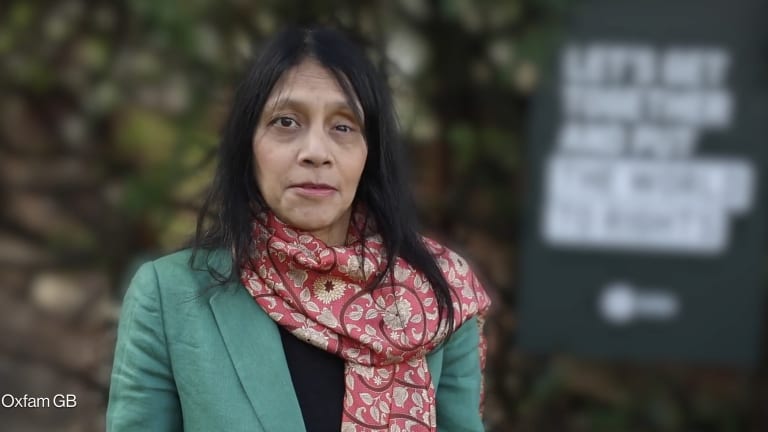
“Watch out, aid wallahs” and “Payback time for corrupt panchayats” have become catchphrases for a new generation striving for development in India.
The Right to Information Act, originally intended to halt corruption and encourage transparency, has become a tool for poor communities to access and realise their right to development.
Parbati, a soap seller from Kalur in Tamil Nadu, had not received her pension for five years until her grandson heard about the law and they jointly requested information on the delay from their local officials. A week later, Parbati’s new pension book was in her hand.
In West Bengal, a sanitary project had built new concrete toilets in many homes in Amrita’s village of Medinipur. Unfortunately, many had gone to supporters of one political party, and not to the poorest in the village. Amrita was helped by a local NGO to request information about the decision-making process from the local development office and is now the proud owner of a toilet.
This is happening on an unprecedented scale. In Andhra Pradesh, the Society for Social Audit, Accountability and Transparency is training people – from labourers to teachers – to use the Right to Information Act to conduct and enforce social audits of local government accounts. The 60,000 newly trained social auditors have so far discovered 820 million rupees in misappropriated funds, of which 150 million have been recovered. They have also implicated 33,807 officials, 3,842 of which have been dismissed so far, and lodged 548 cases with the police.
Where the delivery of development projects and expenditure of development aid is based on the integrity and efficiency of individuals, the right to information enables the poorest people to submit a request to discover what officials are doing and what choices they should have access to.
In 2010, ARTICLE 19 brought together NGOs, donors and government officials in the run-up to the MDGs+10 meeting to create the London Declaration for Transparency, the Free Flow of Information and Development. The declaration sets out exactly the steps needed to guarantee the right to information in development.
Donors and NGOs must emphasise the importance of the right to information for poor communities as necessary to development. At a bare minimum, poor communities need governments and donors to collect and proactively disclose accessible, credible and disaggregated information on programmes, targets, budgets and aid at all levels. They should also encourage an investigative media and effective civil society.
What can development organisations do themselves, today, to strengthen the right to information?
They should continue to advocate for and use the right to demand information from government bodies and make it public. At the same time, they can set a good example by joining and supporting self-regulatory initiatives to strengthen their reporting, transparency and accountability. The Global Reporting Initiative is a minimum benchmark for all organisations, and the Humanitarian Accountability Partnership is something we should all strive for.
They can then begin to introduce the right to information across all programmes, from building schools to training health workers.
What do you think about the London declaration? Have you seen the right to information used to empower people? Does your organisation already implement the right to information within programmes? How should we encourage others to employ the right to information? Please let us know by leaving a comment below.
Read more of Full Disclosure: The aid transparency blog, written by aid workers for aid workers.








